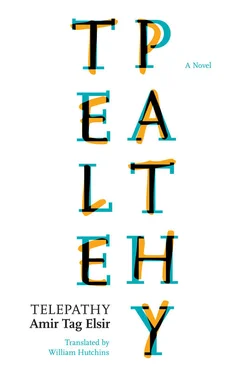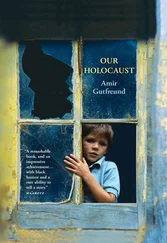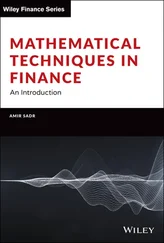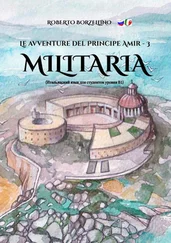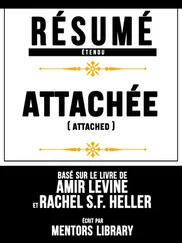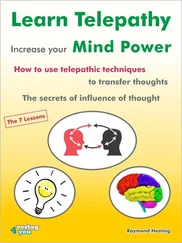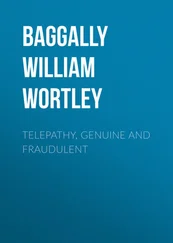My first thought was that the name sounded odd and unfamiliar. But I remembered him all of a sudden. Yes, Murtaja of Wikipedia, the young man who roamed around in torn shorts, staring at the ground while reciting odd stories from the version of the Wikipedia that lived in his head, starting with Nasnusa, who ate the flesh of cats and conquered the Roman army in the battle of Wadi al-Hikma. Yes, that’s who he was.
“What’s become of him? Don’t tell me he emigrated with the imam?” Not wanting to respond to his question, I asked him this. My question seemed innocent enough, because it would be unusual for a person whose intellect had left him to leave the country. Murtaja lacked an intellect that would provide him with an opportunity to offer anything to anyone.
“No. .” the young man replied. “He was writing stories in English — real, unprecedented stories. I stole one with the English title ‘Crack’. In Arabic that would be sad . Without his knowledge, I sent it to a major African literary competition, and it won first prize.”
“Really?”
“Yes, really. Why not? Do you know how much money the prize was? It was 3,000 dollars.”
“Really?” I repeated this word unconsciously while at the same time feeling miserable that I hadn’t noticed a gifted writer, who was reciting imaginative stories. Perhaps his insanity had diverted me from paying attention to him or perhaps my zeal for and preoccupation with pursuing Nishan had turned off the psychic camera I have long used to snap familiar and unfamiliar shots.
“Really? Where is Murtaja now?”
“I don’t know. His family received the prize and left the district secretly, without anyone knowing where they went.”
“Pity! I would have liked to meet him.”
I said that to humor this youth’s excitement, because I knew that neither a prize nor any other delight could improve the life of a person who continued to wander between the ebb and flow of life’s tides, as the psychiatrist had remarked when discussing Nishan. It occurred to me at the same time to search for Murtaja’s name and the prize he had won. I knew that residents of distant, blighted districts like this — even when they were educated — offered exaggerated descriptions at times and might refer to a scrawny ewe as if it were a raging bull or a narrow alley as if it were the Champs Élysées in Paris or London’s Edgware Road. I once heard about a painter who lived in a district like Wadi al-Hikma and who was said to have painted the entire world. I didn’t think that was true and went to see his pictures only to find that they were merely ridiculous sketches that didn’t rise to the level of being paintings. An aged mechanic who was working on my car in a workshop and who lived in the district of al-Qama’ir, which was also a distant one, claimed that he had prepared the vehicle in which a former president fled on the day of the revolution against him. Of course, that was a fiction or merely a hope, because the flight to which he referred and the accomplices’ identity were a matter of public record.
All at once the young man challenged me with a sentence that I hadn’t been awaiting or expecting as his eyes gleamed hostilely. “By the way, Sir, I am the person who read your novel Hunger’s Hopes , which enraged me, and I brought it to Nishan for him to see the crime you had committed against him. I am Shu‘ayb Zuhri, a graduate of the college of Public Relations, and have been unemployed for more than four years.”
So this was the fellow who had awakened the disaster from its slumbers and cloaked my life with an existence that had never been mine previously. This was the guy who had unleashed a libertine lunatic on me, transforming me overnight into a hunted beast that gradually developed into a pursuer of its prey, after Nishan and I traded places.
Who was pursuing whom in a text as intensely realistic as this?
I actually wasn’t a hunter, even though the hunter had fled from me, thus granting me the distinction of becoming a hunter. I was the prey. Pursued by a feeling of torpor because I hadn’t yet hit upon a realistic ending suitable for the fictitious text I wrote (or that Nishan wrote — who knew?).
I had recounted my telepathy tale to my brother, Muzaffar, when he returned from his post in the west of the country. The next morning, with extraordinary resolve he announced his suspicions, which alarmed me. He thought the situation was a drama concocted by a poor neighborhood that wished to grow rich at the expense of an author they assumed to be wealthy. According to this scenario, Nishan Hamza was merely a freebooter who claimed to be insane and changed his name and personal information to match the novel’s details — not the other way around. His ID could have been counterfeited by an obscure clerk working in the office that issued identity cards or even by an errand boy who fetched tea and coffee there. The faces could easily have been switched; even nationality, which we hold sacred, can be acquired by a fisherman in the Seychelles Islands without much effort.
He asked me, “Do you remember Aunt Jalila, who hosted a television program called ‘Benefactor’ that went off the air ten years ago?”
“Yes, I remember.”
“Do you remember her final show?”
“Yes. I remember when she announced she had discovered that the funds that donors contributed to her program had not been disbursed to any of the needy. She had found out that merchants and high-ranking government officials and even some undersecretaries in government ministries had divvied the money up among themselves, using fake IDs.”
“Fine. . so rid yourself of your fantasy. Restrict your creative imagination to the hours when you are writing. Hunger’s Hopes is your novel and no one else’s.”
I wasn’t convinced by what he said, especially since Muzaffar had always been quick to suspect people, ever since we were children. I remember that some of his suspicions bore no relationship to reality whatsoever. I was, however, able to convince him that we had to follow the tale to its conclusion, now that we were halfway through it. We would go to Wadi al-Hikma and other similar neighborhoods that might harbor a person like Nishan.
Zuhri was still standing before me, and a number of local residents had begun to encircle us. They may have been motivated merely by curiosity, but even so, I felt tense. I wanted to tell him that I had written my novel from my mind and had never suspected it was a telepathic text or a text that mimicked real life. What had happened would remain an uncanny mystery. If I ever worked out an explanation, I would come in person to tell him.
Zuhri suddenly grew less hostile. He adjusted his straw hat, poked his right hand in the pocket of his shorts, pulled out a folded paper like a page from a student’s notebook, and said, “I write stories too. Here’s one of my efforts that I like. It’s a flash story called ‘A Don Quixote with Absolutely No Connection to Cervantes’. I would like to hear what you think of it, please.”
“A Don Quixote with Absolutely No Connection to Cervantes” — what an imaginative title! It was beautiful! What a strange district this was where people took an interest in culture and education despite their poverty. I would listen to Zuhri’s story. It might be as fine as its title, and perhaps if I praised it profusely I could win him over.
Light green: his shirt.
Gloomy black: his trousers.
What slumbers in his pocket: the spider of poverty.
What gleams atop his head: his bald pate.
What dies in his chest: his heart.
Lacking a profusion of windmills to fight,
He chooses to fight his woman.
Umm. . a depressing story that truly did not resemble Cervantes; actually there was nothing in it that had anything to do with him. He should have left the title without any story.
Читать дальше
